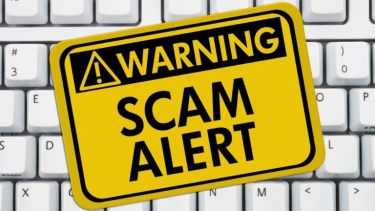“Have you received an email from LinkedIn that doesn’t seem right? Don’t respond – it could be a scam. We are receiving reports of scam emails that look like they’ve been sent from LinkedIn, and are warning people to be on the lookout,” notes the Australian Communications and Media Authority,
According to the ACMA, , scammers are creating fake email addresses, or making it look like their emails come from legitimate accounts, to deceive people.
“They may offer products that are too good or too cheap to be true, and try to create an urgent need for you to click on a link. Their end game is to try to deceive you into handing over money or your financial details.
|
|
ACMA also says:
Key signs that an email may be a scam:
- The content may not seem like something you would get from a LinkedIn account – such as selling a product or health supplement.
- The message is not addressed to you personally.
- The message tries to create a sense of urgency for you to take action, like click a link or provide your personal or financial information.
Take action
Stop. Don’t give money or your information to anyone if unsure.
Check. Ask yourself if the message or call is fake.
Protect. Act quickly if something feels wrong.
“If you think you’ve been scammed, contact your bank immediately to stop any payments and tell your telco.
Help other Australians by reporting scams to ScamWatch. Reporting scams and talking about them not only helps to understand what happened but also informs authorities about scammer activities so that they can make it harder for scams to occur,” ACMAadvises.
And ACMA notes:
- ACMA’s tips for dealing with phone scams.
- Scamwatch’s advice about protecting yourself.
- IDCARE can help if your identity has been compromised or stolen. Call 1800 595 160 or visit www.idcare.org.
- Use our phone scam educational materials, which include posters in English, 10 other languages and for First Nations Australians, and graphics for social media.
“The ACMA supports the government’s Fighting Scams initiative to address scams and online fraud and protect Australians from financial harm. We also support the work of the National Anti-Scam Centre, which coordinates government, law enforcement and the private sector to combat scams,” concludes ACMA.










































